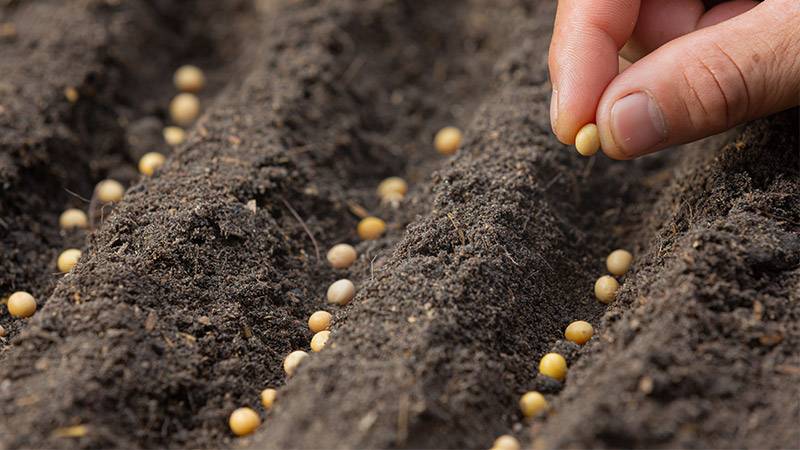In a significant ecological initiative, 15 Indigenous women from Rolim de Moura, located in Brazil’s Amazonian state of Rondônia, embarked on a journey to Nova Xavantina in Mato Grosso. Representing the Amazonian Bioeconomic Seed Network (Reseba) – an organization established in 2021 by various Indigenous groups – these women met with the Xingu Seed Network, Brazil’s oldest seed collectors association.
Seed collector networks are pivotal for Brazil’s ambitious goal of restoring 30.9 million acres of native vegetation by 2030. Given the lack of a centralized government program, grassroots groups have become essential, sharing expertise and helping newer networks establish themselves.
Rubithem Suruí, a Reseba member, emphasized the importance of learning from experienced seed collectors. Previously, her village, Gamir, only recognized the economic potential of seeds used for handicrafts. However, the Guaporé Ecological Action, an NGO supporting Amazon restoration for over three decades, introduced them to the broader economic possibilities of seed collection.
During their Mato Grosso visit, Reseba members were introduced to various tree species by the Xingu Seed Network. Milene Alves, a seasoned seed collector, shared her knowledge about monitoring tree flowering and seed collection. The Indigenous members of Reseba also learned hands-on techniques for seed collection and processing, emphasizing the importance of quality in seed collection.
The Xingu Seed Network, established in 2007, boasts 600 members from 25 Indigenous groups, family farmers, and urban residents. Over 15 years, they’ve collected 294 metric tons of seeds, aiding in the restoration of 18,300 acres of land in the Amazon and Cerrado, earning a cumulative total of $1.05 million.
However, seed collector networks face challenges. Aline Smychniuk and Joana Gomes from Reseba have been working to structure Reseba as an organization, conducting workshops and setting collection guidelines. They introduced the concept of the “elo” or “link” – a representative who facilitates communication within the network, a strategy Reseba has adopted.
The seed collector networks are the base of the ecological restoration chain and will play an essential role in enabling Brazil to reach its goal of restoring 12.5 million hectares (30.9 million acres) of native vegetation by 2030 — vital in the fight to avoid climate breakdown.
According to Mongabay, the Xingu Seed Network’s success is attributed to its respect for Indigenous cultures, partnerships with advocacy groups, and innovative seed sowing methods. However, challenges persist. In the Tubarão/Latundê Indigenous Territory, an initial lack of knowledge about seed preservation deterred many from joining Reseba. Yet, with proper training, enthusiasm has been reignited.
Brazil’s National Plan for the Recovery of Native Vegetation (Planaveg) was formulated in 2017, aiming to provide technical training and improve the seed and sapling production chain. The plan also proposed market incentives for native vegetation recovery. However, the Forestry Code, which mandates landowners to address environmental liabilities, remains the only active legislation. The code’s recent changes have created uncertainties for seed collector networks.
Deforestation remains a significant concern. Agriculture was responsible for 95.7% of Brazil’s deforestation in 2022. Luciana Gatti, an INPE researcher, warns that the Amazon is nearing a tipping point, where it could transform into a dry savanna. Restoration efforts are crucial to prevent this.
In Nova Xavantina, agriculture has replaced significant portions of the rainforest and savanna. Vilmar Tusset, a seed collector, laments the loss of native vegetation to soybean plantations. Meanwhile, in Rondônia, seed collectors face threats from illegal activities, including mining and logging.
Despite these challenges, the seed collection initiative offers hope. It not only aids in combating the looming threat of Amazon Rainforest collapse but also empowers Indigenous women, providing them with income and autonomy, and fostering community development.
More inspiring green news similar to this:


